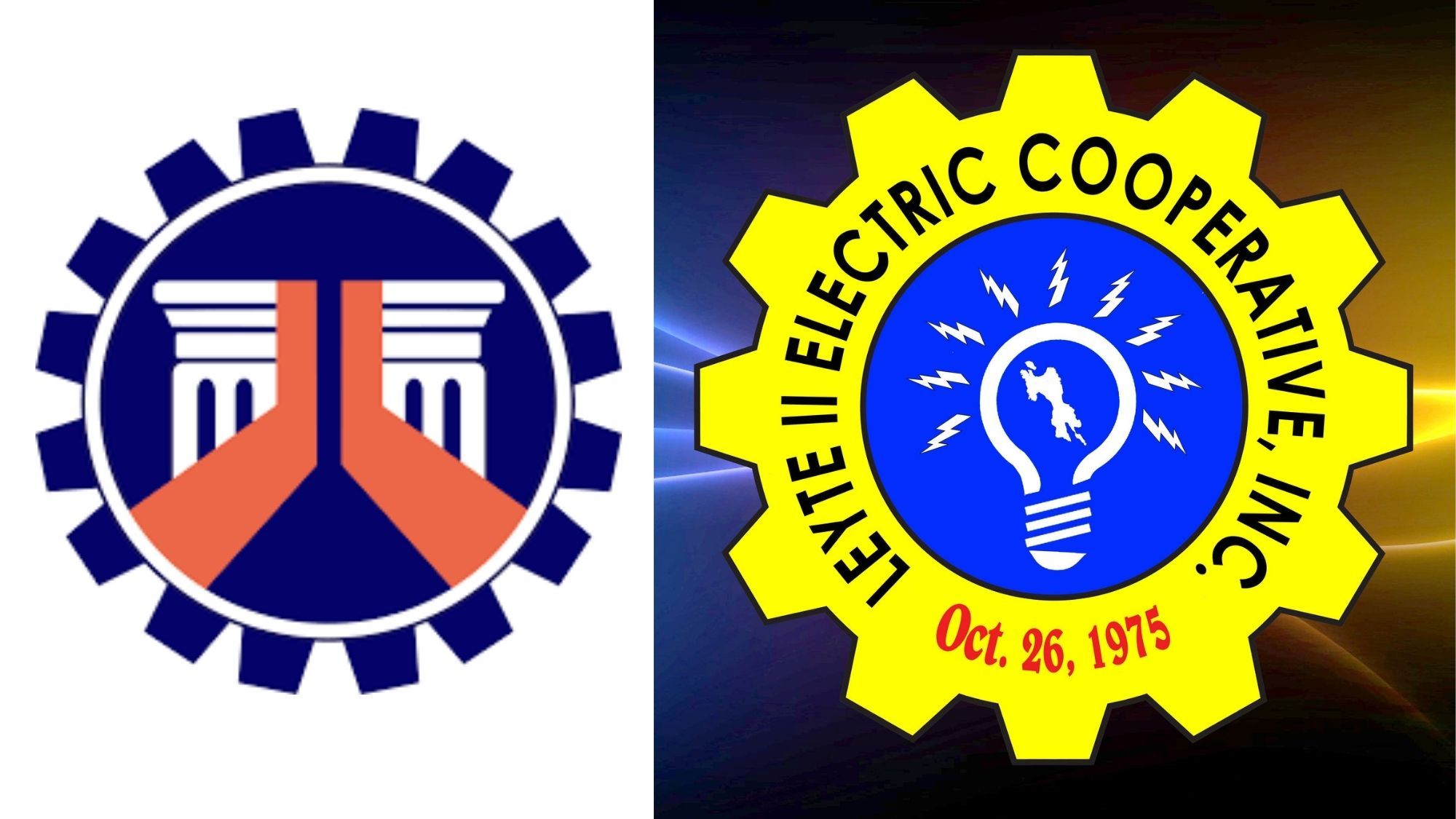The Department of Public Works and highways (DPWH) and electric cooperatives are pointing fingers as to who's responsible for the removal of electric posts in the middle of Eastern Visayas' roads.
The DPWH may have intentionally overlooked, and or failed to consider the distribution lines of electric cooperatives when they aggressively implemented the road widening program.
WHO’S to blame on the still unremoved electric posts in the middle of the widened roads?
Continuing Neglect
Judging by the looks of it – the continuing inaction of the Department of Public Works and Highways (DPWH) and Department of Energy (DOE) on a joint circular they put into signing four years ago couldn’t be any more obvious.
Their much-publicized partnership on the plan to immediately remove the electric posts along widened roads have resulted in nothing, as substantial number of these utility poles are still effectively obstructing sections of the widened roads nationwide.
LEYECO 2
In Tacloban City, LEYECO 2 Institutional Services Department Manager Christopher Garcia admitted that a substantial number of their utility poles are yet to be removed.
Many of these poles line up along a section of road in Northern Tacloban to Babatngon town and they pose serious risk to commuters, he said.
"Kadam-an hini nga mga poste nahilira didto nga dapit ha northern Tacloban ngan all the way to Babatngon area.”
Last week in Cabalawan north Tacloban, a LEYECO 2 electric post fell right in the middle of the road after a reversing truck bumped into it.
Luckily, except for the temporary traffic problem it caused in the area, no one got hurt from the incident.
DPWH's fault
Garcia argued that the DPWH may have intentionally or unintentionally overlooked, and or failed to consider the distribution lines of electric cooperatives when they aggressively implemented the road widening program.
According to Garcia, this is a national issue and the national government should be the one attending to this. The failure to consider this concern from the very start was an unnecessary mistake.
“They should have considered the plight of the electric cooperatives, and they should have included in their program of work the reasonable compensation requirement and indemnification plan.”
While an agreement between DOE and DPWH for that matter has been inked already 4 years ago, with the latter promising to shoulder part of the cost, nothing of sort had taken place yet.
Paint it black & yellow
With LEYECO 2, including the several other electric cooperatives in the region, still reeling from the effect of COVID pandemic, of which a significant amount of their collections have reportedly declined by over 50% due to their inability to impose disconnections to delinquent members consumers, the best that it can do now in order to mitigate risk is to paint these posts with black and yellow lines.
Unbothered
The regional Director of DPWH said it cannot, or “would but not,” issue a statement on the matter because she is busy and could not entertain media queries.
The department’s information officer said that the office-in-charge is the maintenance division.
The division’s in-charge, however, could not as well issue a statement because they have all been placed under quarantine and their office reportedly locked down due to COVID-19. (RM)
